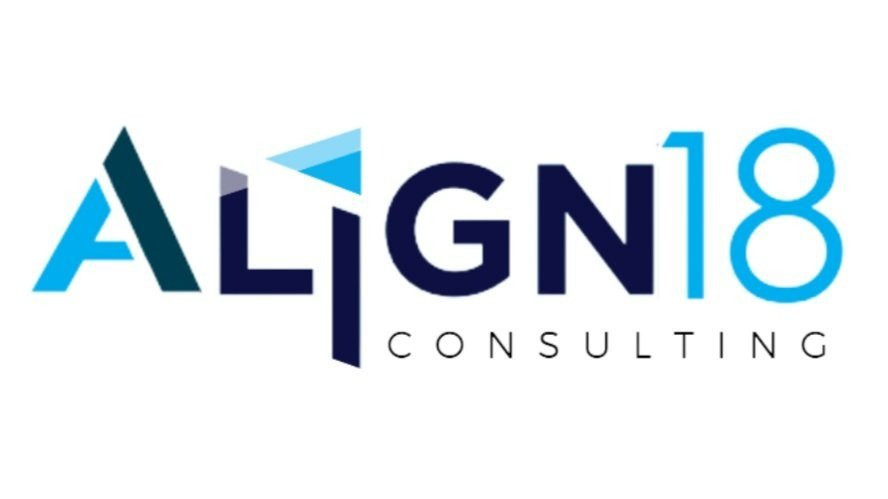Discovery - Understanding the now.
As a leader or business owner, it's no secret that success boils down to making the right decisions at the right time. Luck and money may also play a role, but a single misguided decision or a so-called "correct" decision made at the wrong time can lead to wasted time, resources, and even failure. Our extensive experience has shown us that these setbacks frequently arise from a lack of strategic alignment.
At first glance, strategic alignment may appear daunting, but at its core, it's simply about ensuring that all aspects of your business are working in harmony towards a shared set of goals and objectives. This is easier said than done. Establishing a well-defined process for creating, implementing, and executing strategy is critical to maximizing success. Without a clear roadmap, your efforts may result in aimless chaos rather than targeted progress.
Through our years of learning and industry experience, we have identified shared characteristics and processes that successful organizations use to create and execute strategic alignment. Our passion for helping organizations succeed is why we founded Align18. We can help you steer clear of common pitfalls and accelerate your learning and growth by guiding you through the process of achieving strategic alignment, starting with Discovery.
In our decades of experience, the most critical step of nearly every consulting project is Discovery. The success of a consulting engagement often hinges on the quality and speed of the Discovery phase. Yet, interestingly, this tends to be the step where many clients push back due to cost, timing, etc. Simply, the Discovery phase involves gathering relevant data from multiple, diverse sources which allows our team to utilize our education and expertise to solve the proposed business problem.
Consultants use various frameworks to add value to their consulting services. Regardless of the framework adopted, consultants must identify the root cause of the problem to be solved. This is where Discovery comes in. In today’s world of technology and data, consultants can expand their Discovery, incorporating detailed qualitative and quantitative data.
Discovery typically includes:
1. Reviewing existing business documents, processes, and resources
2. Quantitative analysis of data and information
3. Informal stakeholder interviews to make first-hand observations
4. Formal and structured interviews with key stakeholders, including clients and channel partners
Depending on the nature of the engagement, the type of Discovery required, the availability of Discovery tools, and other variables, data collection can range from simple fact-finding to a more involved process and can take anywhere from a few weeks to several months to complete. Despite the level of sophistication, the Discovery process can result in a wealth of documentation, raw data, and subjective measurement of perceptions.
However, the Discovery process is never exhaustive, and there is always more data to explore or other strategies to consider. Therefore, most consultants grapple with the question of “what can we discover in a reasonable timeframe”. Even if the Discovery phase is conducted successfully, it does not imply that meaningful insights will automatically emerge. Therefore, consultants need to have a sound framework for approaching Discovery. Regardless of how consultants structure the Discovery phase, they must address these five universal questions:
1. Are the right questions being asked?
2. Have we made any faulty assumptions about the nature of the problem?
3. Are we collecting the right data?
4. Have biases been considered?
5. Is the information gathered sufficient for reconciling different perspectives?
It is simple to pinpoint the root cause of a problem if all data points in the same direction, but, different stakeholders often have diverging ideas and contradictory information. Defining clear goals before gathering information is critical when conducting successful client Discovery. Consultants must understand what the client needs to discover and why that information is essential. Gathering data in a resource-constrained environment means that consultants must operate with limited data, and understanding there will always be gaps. However, an effective Discovery process focuses on ensuring that consultants have enough information to determine the root cause of the problem accurately, providing accurate, actionable, and timely solutions.

